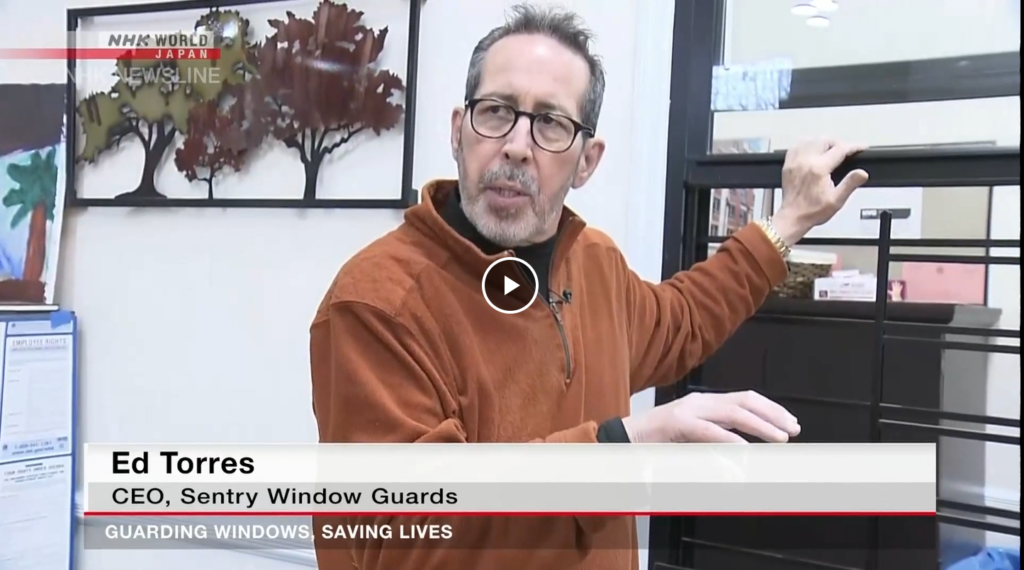If a disaster such as a fire breaks out in your home, you may have only a few minutes to get out safely. This is why having and practicing an escape plan is so important. According to an NFPA survey, while 71% of Americans have an escape plan in case of a fire, only 45% of those have practiced it. Both planning and practicing are important, especially if there are young children or anyone with mobility issues in the home. So, follow the steps below to create an effective disaster escape plan.
- Draw a map of your home, indicating all windows and doors. As a family, visit each room of your home and find two ways out, labeling them on your map. Make sure windows and doors required for an escape are all accessible.
- Discuss a plan to have one adult assigned to help get babies, young children, or family members who need extra help out safely. Teach able-bodied children techniques to escape on their own in case they can’t be reached.
- Decide upon and draw up a meeting place outside of your home for everyone to gather after an evacuation. This can be a tree, light pole, or mailbox that is a safe distance away from the front of your home. Teach everyone to NEVER go back inside a burning building. Once they are out, stay out.
- Practice your home fire drill at least twice a year. Practice once at night and once during the day with everyone in your home, and practice using different ways out. During the drill, test the smoke alarms so that everyone knows the sound.
- When you hold your fire drill, everyone in the family should practice getting low and going under the smoke to the exit. During the drill is also a good time to teach children how to use the back of their hand to check doors for heat before opening and to use a different way out if the door is hot.
- If escape ladders are part of your disaster escape plan, show everyone where they are kept and spend time practicing using them during your drill.
- If you live in a multi-residence building, always plan to use the stairs to get out, never the elevator. Make sure to practice using the stairs as part of your escape plan.
- If you can’t exit a multi-residence building due to smoke or fire in the hallway or stairway, call the fire department to report your exact location and gather in a room with a window to await their arrival. Close all doors between you and the fire. Use duct tape or towels to create a seal around the door and over air vents in order to keep smoke from coming in. Wave a flashlight or light colored cloth at the window to let the fire department know where you are located.
- Children can become scared and confused during emergencies, so teach them not to hide from firefighters and other emergency personnel.
A fire or other disaster can easily occur in your home, regardless of your home’s age, location, or condition. Take the time to make and practice an escape plan for the safety of everyone in your home. For more information regarding Sentry Window Guard products and our experience and leadership in understanding NYC safety requirements, contact us today!









